Interview with Indian Students about MBBS in Georgia
With NEET 2020 around the corner, you will be getting ready to decide which is the best place for your MBBS. There are many options available, and this can get quite confusing. After all, you want the best for yourself!
Well, there is no better way to learn about your options – than to hear about the experiences of the students themselves. That’s why we connected with two students studying at Caucasus International University in Tbilisi, Georgia!
We chatted with Dhruvi and Subodh on a Zoom-call during the Covid-19 lockdown and covered everything, from how expensive it really is to live in Georgia, to busting a few myths about MBBS in Georgia.
And, here’s what we found out!
Hurray: Dhruvi, we would like to get your perspective as a young woman. Parents have a lot of concerns about sending girls abroad, right after 12th when you are only 17-18. What were your parents’ and your considerations when choosing a place for MBBS – and why did you choose Georgia?
Dhruvi: Yes, as a girl candidate, my parents did have a few concerns. Safety and security were a top priority. But we spoke to other girls who were studying in Georgia and they all said that it is a very safe country. There are absolutely no issues here with regard to our safety. We already knew that the quality of education in Georgia is top, so once we were sure about the safety aspect, we decided that Georgia is the right place for me.
Hurray: Subodh, let’s get your perspective on how you made your choice, too. Besides choosing Georgia for your studies, why did you choose Caucasus International University?
Subodh: Firstly, I had to make a choice about which country to go to. I got a good score in NEET and I was getting a seat in Indian private universities, but they were asking for very high donations. So, I knew that going abroad was the right good option. Next, like for Dhruvi, safety was an important concern. I was considering Russia, but at that time there were problems with Ukraine. So all-in-all, Georgia was looking the best.
For choosing the right university, for me, the city where I would live was an important aspect. Like for example, a good university called Batumi Shota Rustaveli is located in Batumi. But I didn’t like what I heard about this city, it’s not very well-developed and you can’t get everything you need there. But Tbilisi is very nice, very modern.
My university, Caucasus International University, is the second-best university in Tbilisi. There are many international students here – which is why I thought it would be the right option for me. The first-ranked State university mainly admits Georgian students, not international students. Based on all this research, I decided that CIA was the right place for me – and I am very happy with my decision!
Hurray: Great! Let’s move to the next question – Dhruvi, what was your experience of adapting to a new country?
Dhruvi: I feel one of the main things that I was worried about before I came, was the weather. Summers are warm and pleasant in Georgia, but the winters are very cold – like 15 degrees! But you get used to it quite soon, and it’s very comfortable.
The people here are very nice, very kind. They always speak politely, and if you need any help, they are always willing to help. They understand that since we are international students, we need some assistance, especially at the beginning.
Hurray: Can you also tell us about your average expenditure – like on food, accommodation, even pocket money… basically everything other than your tuition fee.
Dhruvi: I can tell you my exact expenditure. The monthly fee for the hostel is 150 USD. For the Indian mess – where you get good Indian food – it’s another 100 USD. So, the basics are covered with 250 USD a month.
Besides that, all the other expenses like travel in the city, some extra shopping all come within 300-310 USD. As you can see, it is actually very affordable to study in Georgia.
Hurray: It does sound affordable! Can you also tell us more about the general cost of living in Georgia? Things like transport and grocery shopping…
Dhruvi: Oh, for students, transport is not at all expensive. You see, the university gives us our ‘student travel card’. With this, all internal travel in the city becomes very cheap. Even the groceries are not expensive – they are just about the same as how you would find in India.
Hurray: Great, thanks Dhruvi! Over to you Subodh – let us discuss a bit more about education in Georgia. One big confusion that arises for students and parents, is the duration of the program – whether it is 5 years or 6 years long. Can you give us some clarity, based on your first-hand knowledge?
Subodh: To earn the MBBS degree in Georgia, and also to be considered eligible by the MCI, we have to complete 365 credits, which can only be comfortably completed in 6 years. In the Georgian system, we don’t go by years, we go by semesters. There are 12 semesters in total – and in one year, you can only finish 2 semesters. It’s almost impossible to try and do it faster!
Besides, the system here is very practical-oriented. By the time we are in the 3rd year itself, we start attending clinical trials, surgeries etc. If you try to do it faster, it will end up getting too hectic, and you won’t learn very well.
Actually, I found out that the first Indian batch that came here finished in 5 years and went back – and till now, they have not been able to start practising because of issues with the MCI and the Kerala High Court.
For me, I felt that finishing within the structure they have established in Georgia would be the right thing to do.
Hurray: Thank you, you’ve explained things very clearly. You also mentioned that the Georgian system is very practical – my next question is about this. Currently the FMGE exam that you need to answer to practice in India is mainly based on recall, theory questions. But in the new NEXT exam, the focus will be on case studies, aptitude-based and practical questions. Do you think the Georgian system will help you tackle this kind of exam?
Subodh: I actually think that the Georgian system is the best! It is very practical.
How it works is, in every subject, we study one topic every week. The next week, the lecturer will ask us questions about the topic. There is a scoring system for these weekly evaluations, which means you have to study. They will keep asking the questions until it has become stuck in our brains! And this is very helpful – not just for the final exams, but because the knowledge actually stays with us forever.
Besides this we have things like Clinical, which is completely practical. We also have a subject called Diseases and Disorders, which is completely case-study based. They tell us the symptoms and other details, and we have to use our theory-knowledge in a practical way to answer the questions.
I think that for a competitive exam like NEXT, this is a very good approach.
Hurray: Dhruvi, give us your perspective as well. You must be talking to your friends doing MBBS in India. How do you think you stand compared to them – are your studies putting you in a competitive position?
Dhruvi: I’ve noticed one big difference. In India, like in the MBBS programs my friends are in, they tend to study the full syllabus just before final exams. But here in Georgia, like Subodh said, they evaluate us continuously. My friends in India do say how sometimes, if a topic is very difficult, they can skip it. But for us, here in Georgia, it is impossible! So, from the point of view of learning, I actually think the Georgian system is very beneficial.
Hurray: And how do you find your teachers, Dhruvi? If students require any additional help, are they supportive?
Dhruvi: Our teachers are really helpful. During the class, they always ask us if we have any doubts. In each batch there are not more than 20 students, so all of us get equal attention. Even if there are any shy students, they always give time after class to clarify everyone’s doubts.
And even when we are studying at home for a viva, we are free to communicate with the teachers. We have their e-mail IDs, and we ask the questions in an email, and they respond quickly with the answers.
We also discuss with them about how things are in our country, like the FMGE exam and other things. Accordingly, they guide us about what kind of study pattern we should follow and so on.
Hurray: Okay! Thank you so much Dhruvi and Subodh, your insights have been very useful. I’m sure future students will gain a lot, thanks to you. Before we log-off, would you like to give any special message to new medical aspirants – maybe even your future juniors!
Subodh: Yes! Georgia really is a great country. Right now, you may be concerned about the Covid-19 situation – here it has been handled very well! That itself shows you how good it is. Everything here – the country, the education system, life at CIA – are all great for me, and they will be for you too. You just have to be ready to learn and work hard – after all, you need this to become a good doctor. I’m looking forward to meeting the next batch!
Dhruvi: Yes, I agree with Subodh. And let me also add something from a girl’s perspective – it is very safe, very secure here in Georgia. I have had a great experience in all ways!
With that, you now know nearly everything you need to, about sending your child to Georgia to study – from students just like them.
And, if you’re ready to discuss your child’s future, further – you can trust Hurray!
We have 10 years of experience assisting and mentoring thousands of students, and we are here for your child too. If you have any questions, feel free to write to us today, at info@hurrayedutech.com or call at 8971357938
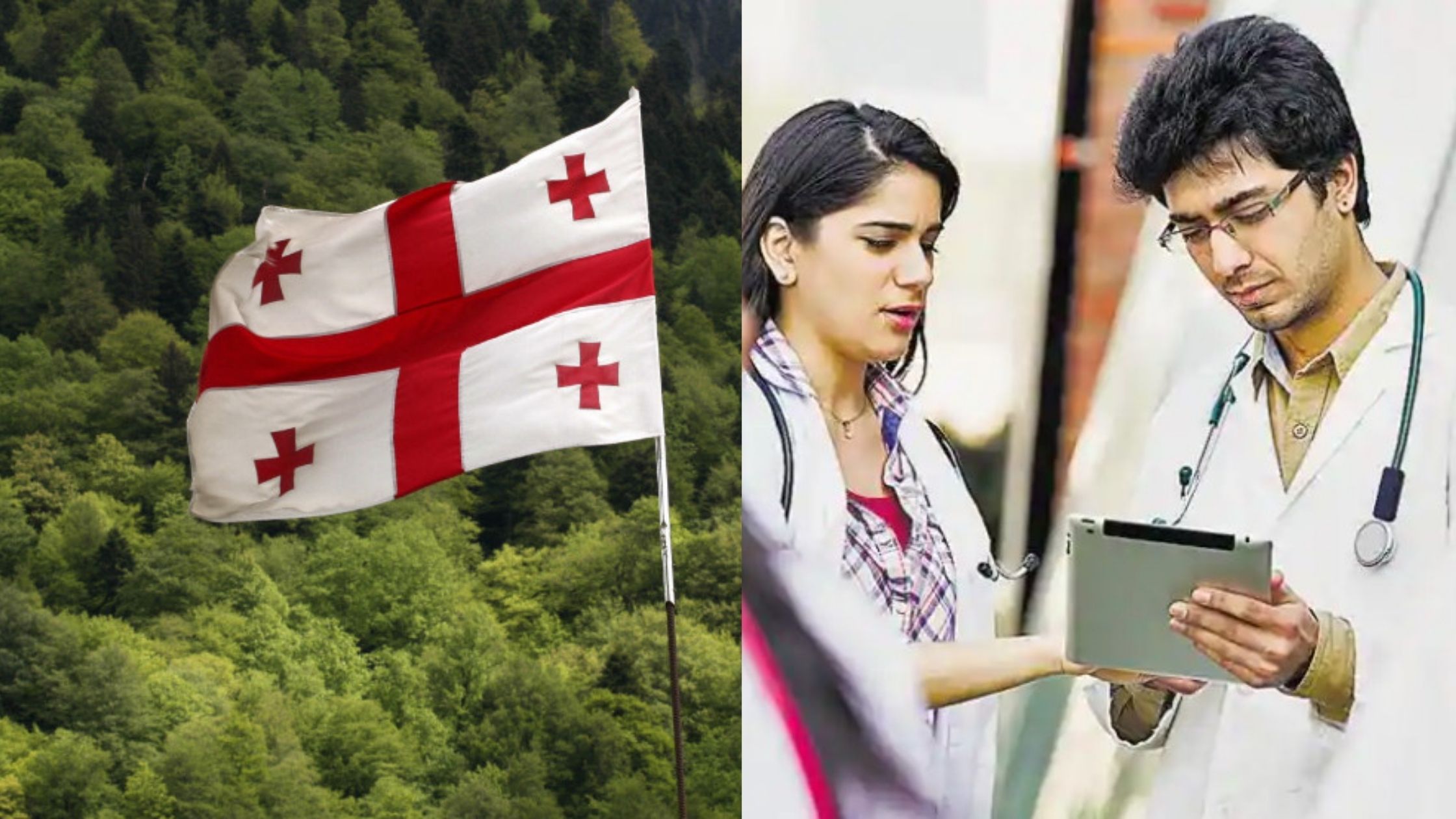



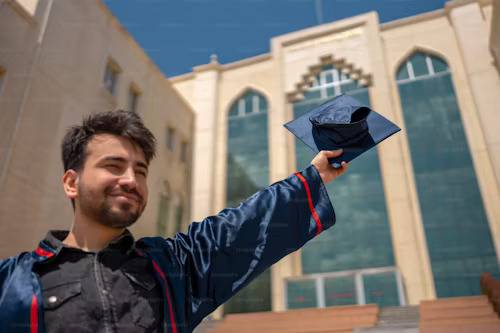
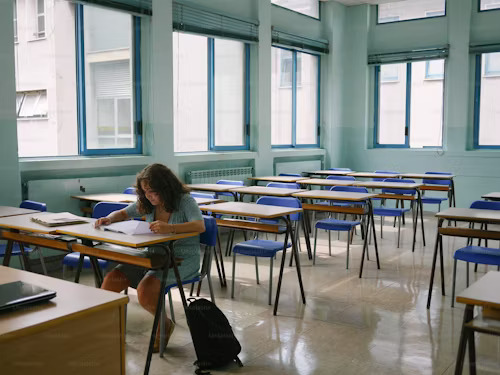
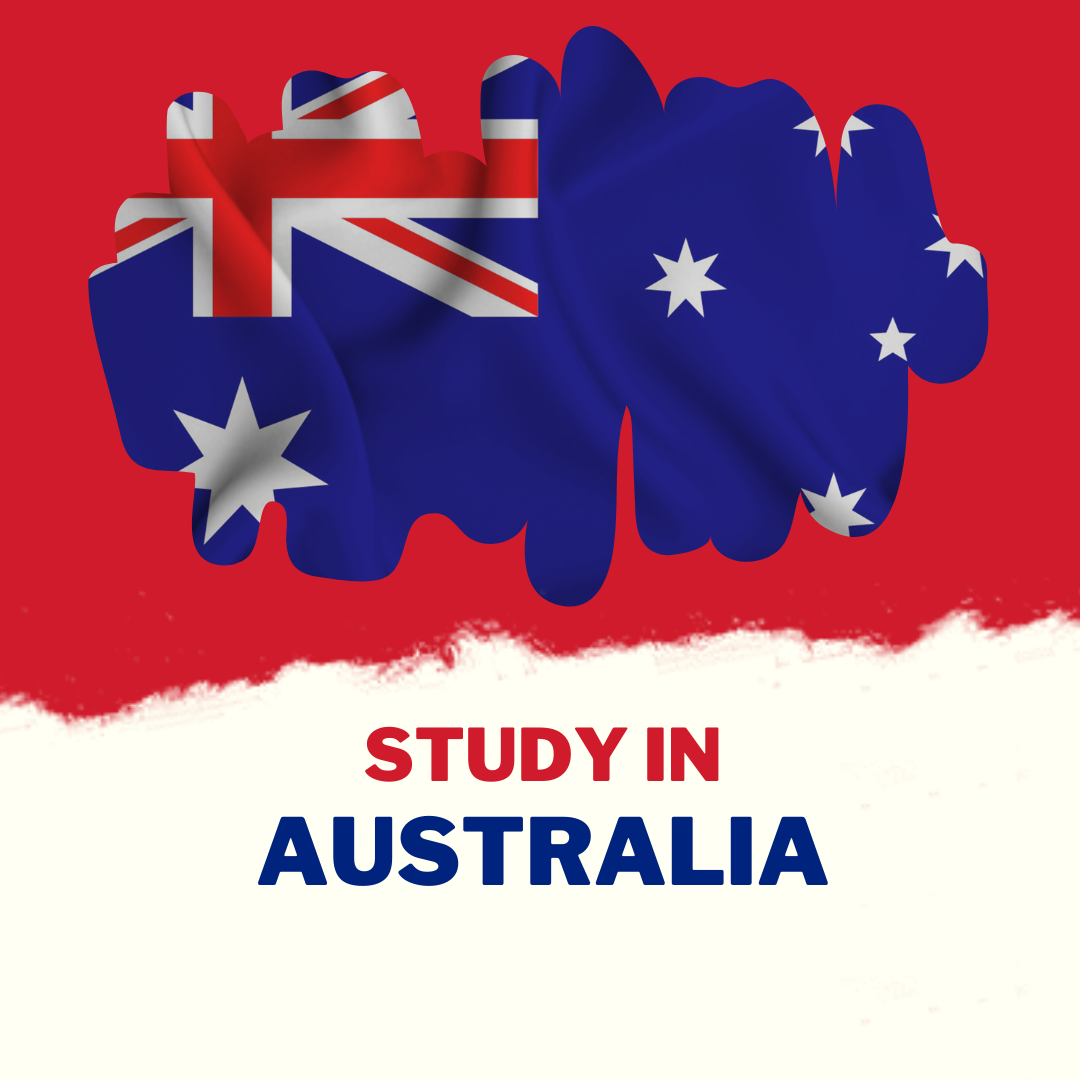
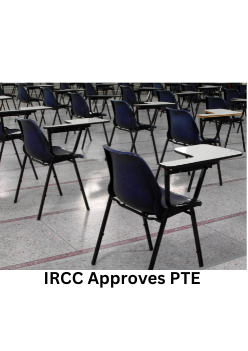



Post Comments